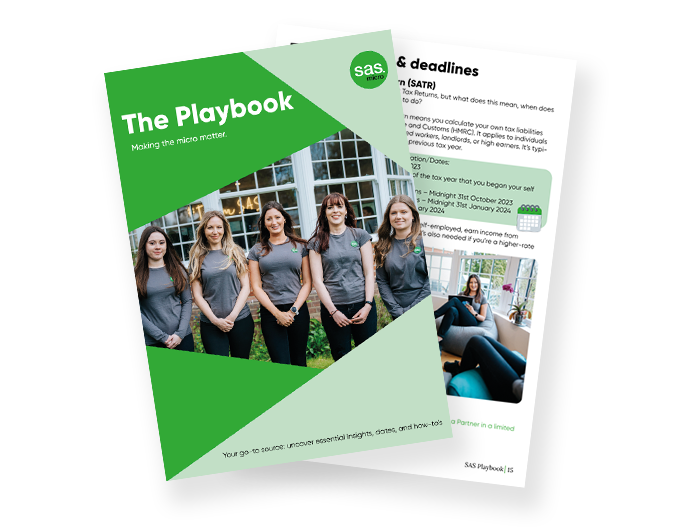When a shareholder wishes to exit or reduce their involvement in a private company, it may not be possible to find a buyer for the shares. The other shareholders may not want to buy out the exiting shareholder or it may not be feasible for them to do so. One way to navigate this situation is for the company to buy back the shares (often called a ‘share buy-back’ or a ‘purchase of own shares’) from the departing shareholder.
However there are a number of conditions to be met in order for a buyback to be valid under Company Law:
- The company’s articles of association must permit a share repurchase from shareholders.
- A resolution must be passed by the board before it can be done.
- There must be sufficient distributable reserves available to finance the transaction as the shares must be paid for when purchased.
There are often favourable tax outcomes for the exiting shareholder, by having the proceeds of their share disposal taxed as a Capital Gain (which could be as low as 10% tax on the entire proceeds), rather than the proceeds being taxed as a dividend, which may be as high as 39.1%, depending on other income and the value at which the shares are repurchased for.
To achieve capital treatment:
It is important that the company and the seller check that the transaction passes the various Capital Gains treatment tests as set out by HMRC. Even when the proposed buyback passes the tests, it is strongly recommended that the company applies for advance clearance with HMRC, and gets approval before completing the share repurchase. Once clearance is granted by HMRC, the repurchase can take place but must be done exactly as proposed in the clearance application to HMRC.
The shares should be purchased at market value, so it is advisable that a share valuation is undertaken for the shareholder and the company to agree the value that the shares will be purchased for.
Once the repurchase has taken place, there are then reporting requirements to make. The transaction must be reflected in the company’s books and records, the stamp duty must be paid to HMRC and the stamped documentation must be submitted to Companies House within 28 days of the buy-back. Regardless of obtaining HMRC clearance, where the buy-back attracts CGT treatment, the buy-back must be reported to HMRC within 60 days.
A share buy-back should produce desirable outcomes for both the company and the exiting shareholder, however there is a process to be followed carefully in order to ensure a valid outcome is achieved.
SAS have assisted and advised on several successful purchase of own shares and have experience in liaising with HMRC throughout the process. Get in touch to find out more information!

